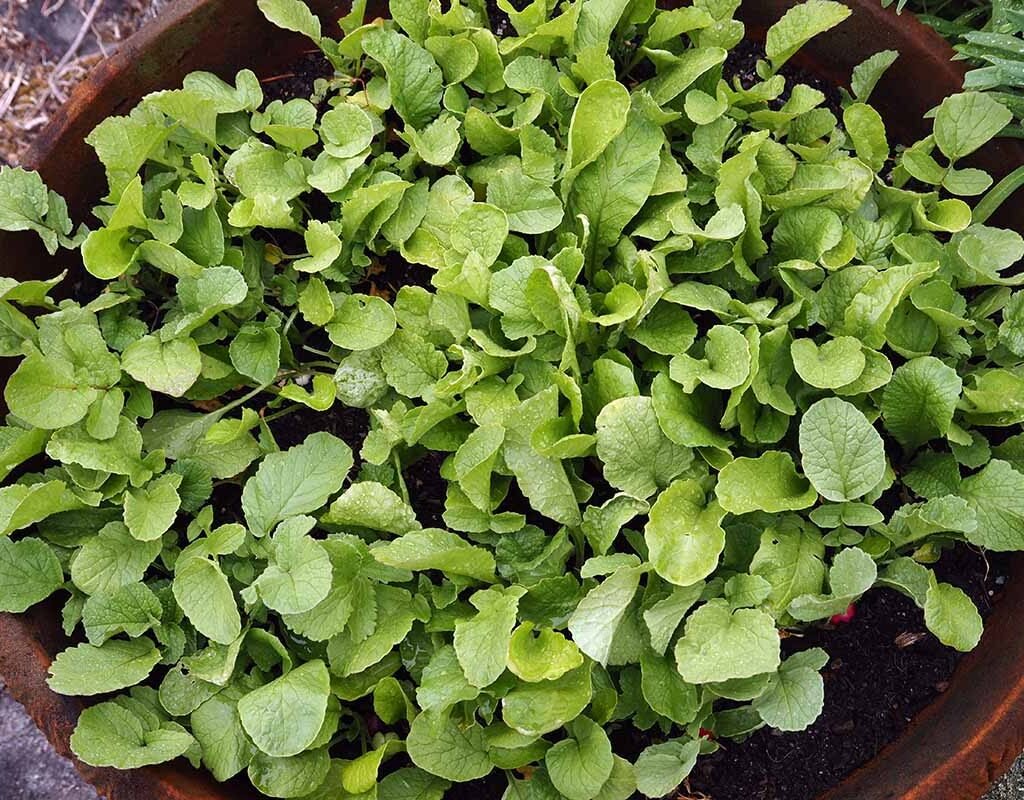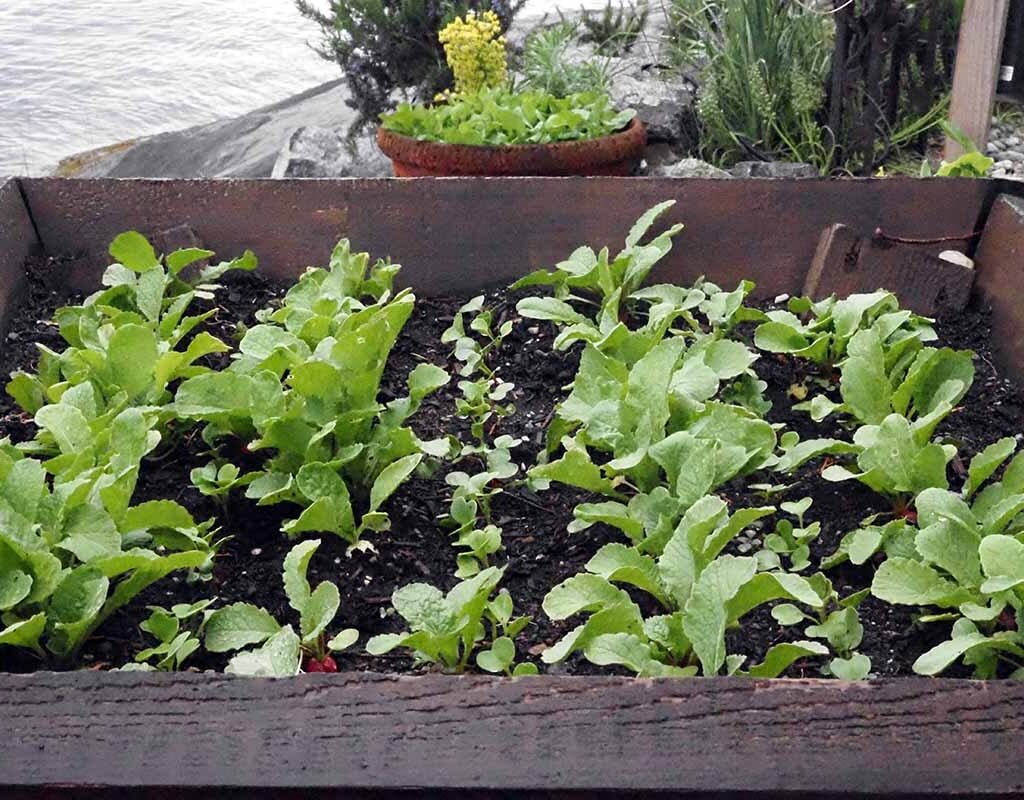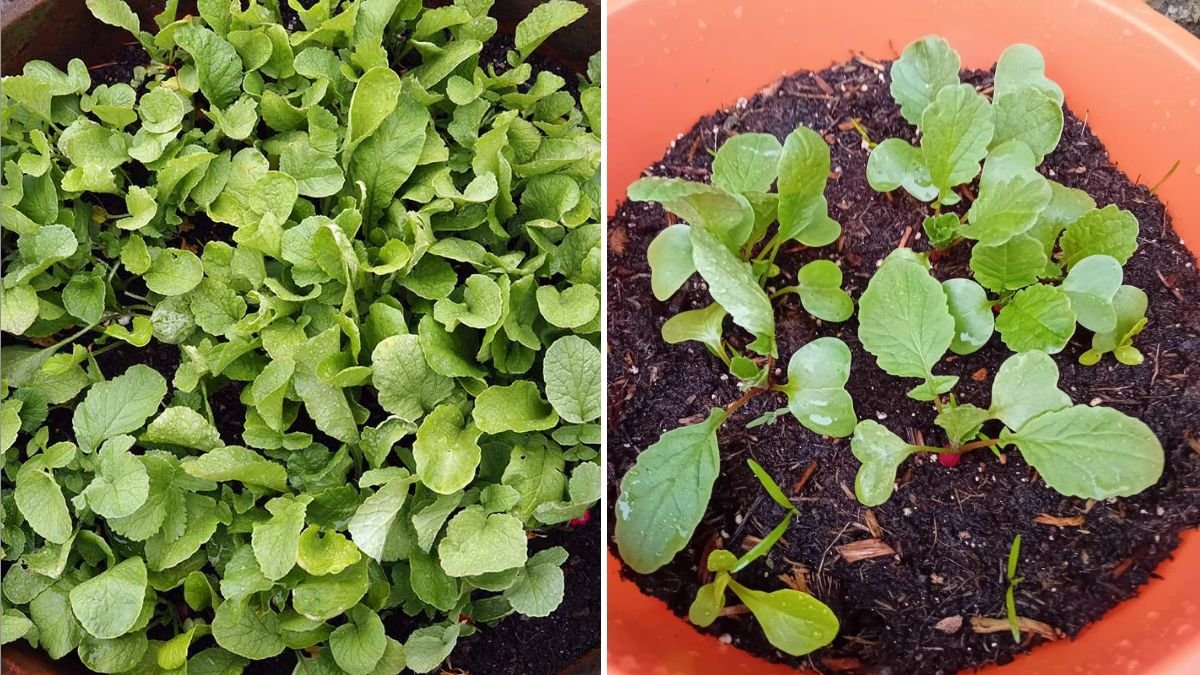Daikon radish, often referred to as the “Japanese white radish” or “winter radish,” is a versatile and nutrient-rich vegetable that has been a staple in Asian cuisine for centuries. Known for its crisp texture, mild flavor, and impressive health benefits, daikon radish can be enjoyed raw, pickled, sautéed, or added to soups and stews. Whether you’re looking to boost your immunity, add fiber to your diet, or explore international flavors, daikon radish is a must-have in your kitchen.
This comprehensive guide will explore everything about daikon radish, from nutritional benefits and cooking tips to recipes and creative ways to include it in your meals.
What is Daikon Radish?

Daikon radish is a large, elongated white root vegetable that belongs to the Brassicaceae family, which also includes cabbage, broccoli, and mustard. Unlike traditional red radishes, daikon has a milder, slightly sweet flavor and a crisp, juicy texture, making it perfect for a variety of dishes.
Daikon is commonly used in Japanese, Korean, and Chinese cuisines, but its versatility makes it adaptable to Western dishes, from salads and slaws to roasted vegetable medleys.
Pro Tip: When buying daikon, look for roots that are firm, smooth, and free of blemishes. Smaller daikons tend to be sweeter and more tender than larger, mature roots.
Nutritional Benefits of Daikon Radish

Daikon radish is not just low in calories; it is packed with nutrients that promote overall health:
- Low in Calories: Only about 20 calories per 100 grams, making it ideal for weight management.
- Rich in Fiber: Promotes healthy digestion and regular bowel movements.
- Vitamin C: Boosts immunity and supports collagen production for healthy skin.
- Potassium: Helps regulate blood pressure and supports heart health.
- Enzymes: Contains digestive enzymes like amylase and esterase, which help break down starches and fats.
- Antioxidants: Reduce inflammation and protect against free radicals.
Pro Tip: Eating daikon raw preserves the maximum amount of vitamin C and enzymes, making it a superfood for digestive health and immunity.
Health Benefits of Daikon Radish

- Supports Digestion: The natural enzymes in daikon improve starch and fat digestion, making it gentle on the stomach.
- Boosts Immunity: High vitamin C content strengthens your immune system.
- Promotes Weight Loss: Low in calories but high in fiber, it keeps you full longer.
- Detoxifies the Body: Acts as a natural diuretic, flushing toxins and supporting kidney function.
- Supports Heart Health: Potassium helps regulate blood pressure, and antioxidants reduce oxidative stress.
Pro Tip: Incorporating daikon into soups, salads, and stir-fries can maximize its health benefits while adding flavor and crunch to your meals.
How to Prepare Daikon Radish

Daikon radish is incredibly versatile and can be prepared in many ways:
- Raw: Slice thinly for salads, slaws, or garnishes. Its mild flavor pairs well with citrus, soy sauce, or sesame oil.
- Pickled: Popular in Korean cuisine as Kkakdugi (cubed radish kimchi) or Japanese Takuan (yellow pickled radish).
- Sautéed: Quickly sauté in olive oil with garlic and ginger for a warm side dish.
- Steamed or Boiled: Softens the radish, perfect for soups, stews, or daikon hot pot.
- Roasted: Toss with olive oil, salt, and pepper, and roast for a caramelized, slightly sweet flavor.
Pro Tip: Peel daikon radish only if the skin is tough or dirty. For smaller, tender daikons, the skin is edible and contains nutrients.
Daikon Radish Recipes to Try

Here are a few delicious ways to incorporate daikon radish into your meals:
1. Daikon Salad with Citrus Dressing
- Slice daikon into thin ribbons or matchsticks.
- Toss with orange segments, sesame seeds, and a light soy-sesame dressing.
- Garnish with fresh cilantro for a refreshing, crunchy salad.
2. Spicy Pickled Daikon
- Cut daikon into cubes or matchsticks.
- Mix with rice vinegar, sugar, salt, and chili flakes.
- Refrigerate for a few hours before serving as a tangy side dish.
3. Daikon Miso Soup
- Add sliced daikon to your miso soup for added crunch and nutrition.
- Simmer until tender and serve with tofu and green onions.
4. Stir-Fried Daikon with Garlic and Ginger
- Heat oil in a pan, add garlic and ginger, then sauté thinly sliced daikon.
- Season with soy sauce and sesame oil for a savory side dish.
5. Roasted Daikon and Carrots
- Toss daikon and carrot slices with olive oil, salt, and pepper.
- Roast at 400°F for 25–30 minutes until caramelized and tender.
Pro Tip: Pair daikon with other root vegetables like carrots, turnips, or sweet potatoes to create colorful and flavorful roasted dishes.
Storage Tips for Daikon Radish
Proper storage ensures your daikon stays fresh and crisp:
- Store in the refrigerator, unpeeled, wrapped in a damp paper towel inside a plastic bag.
- Use within 1–2 weeks for the best flavor and texture.
- Peeled or cut daikon can be stored in water in an airtight container for 2–3 days.
Pro Tip: Avoid storing daikon near ethylene-producing fruits like apples or bananas, as it can accelerate spoilage.
Why Daikon Radish is Popular in American Kitchens
Daikon radish is gaining popularity in the United States for several reasons:
- Health-Conscious Diets: Low-calorie, high-fiber, and nutrient-rich.
- Versatile Cooking: Can be used in salads, stir-fries, soups, and pickles.
- Fusion Cuisine: Works well in Asian-American recipes, tacos, and wraps.
- Weight Management: Ideal for low-calorie, nutrient-dense meals.
Pro Tip: Add thinly sliced daikon to sandwiches, tacos, or grain bowls for a crisp, refreshing texture.
Fun Facts About Daikon Radish
- Daikon can grow up to 20 inches long, depending on the variety.
- It is called “mooli” in India and is a staple in Indian cuisine.
- Daikon has been used for centuries in traditional Asian medicine for digestion and detoxification.
- Pickled daikon can last for months and is commonly served with sushi or bento boxes.
- Its mild flavor makes it kid-friendly, especially when sliced thin or pickled lightly.
Conclusion: Why You Should Add Daikon Radish to Your Diet
Daikon radish is a nutritious, versatile, and flavorful vegetable that belongs in every kitchen. Its mild taste, crisp texture, and impressive health benefits make it ideal for a wide range of dishes—from fresh salads and pickles to soups, stir-fries, and roasted vegetables.
Incorporating daikon into your diet is easy and rewarding:
- Boost your immunity and digestive health.
- Enjoy low-calorie, fiber-rich meals.
- Explore Asian cuisines or fusion recipes at home.
- Add color, crunch, and nutrition to your everyday meals.
Whether you’re a health-conscious cook, a food enthusiast, or just someone looking to try something new, daikon radish is the ultimate versatile vegetable that deserves a spot in your kitchen.





